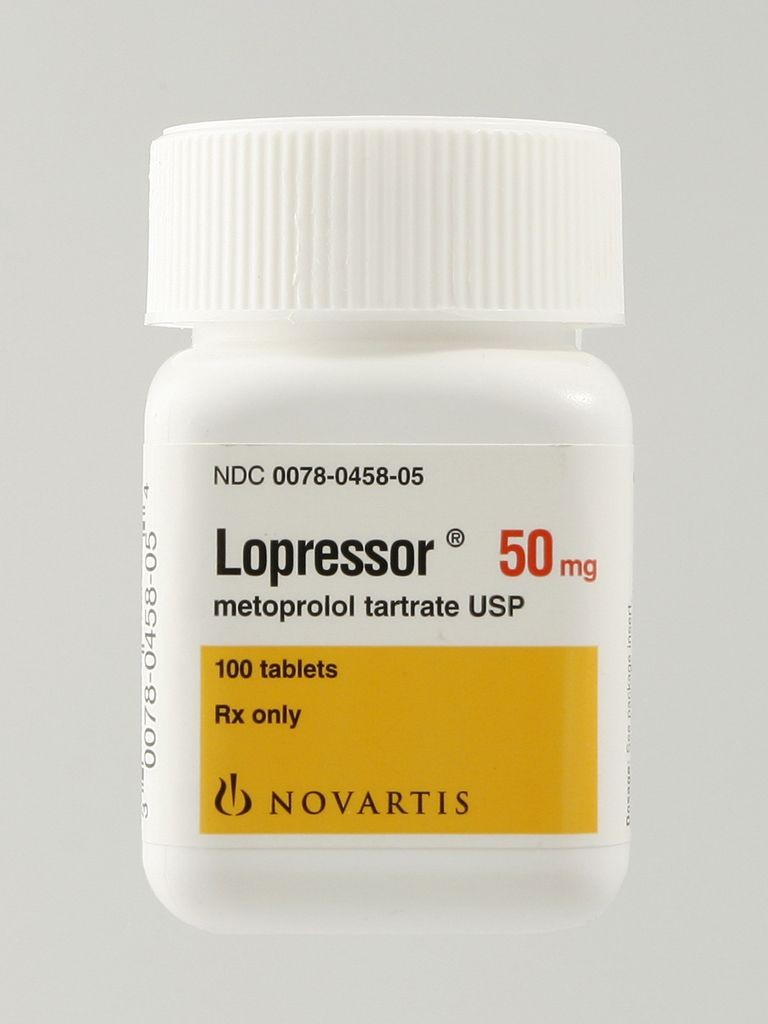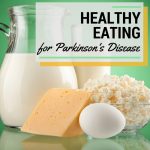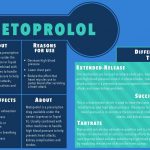
Metoprolol – Oral, Lopressor
WARNING: Do not stop taking this medication without consulting your doctor. Some conditions may become worse when you suddenly stop this drug. Some people who have suddenly stopped taking similar drugs have had chest pain, heart attack, and irregular heartbeat. If your doctor decides you should no longer use this drug, he or she may direct you to gradually decrease your dose over 1 to 2 weeks. When gradually stopping this medication, it is recommended that you temporarily limit physical activity to decrease strain on the heart. Get medical help right away if you develop chest pain/tightness/pressure, chest pain spreading to the jaw/neck/arm, unusual sweating, trouble breathing, or fast/irregular heartbeat.
USES: Metoprolol is used to treat high blood pressure (hypertension). It helps prevent strokes, heart attacks, and kidney problems. This medication is also used to treat chest pain (angina) and improve survival after a heart attack. Metoprolol belongs to a class of drugs known as beta blockers. It works by blocking the action of certain natural chemicals in your body, such as epinephrine, on the heart and blood vessels. This effect lowers the heart rate, blood pressure, and strain on the heart.
This medication may also be used for irregular heartbeats, heart failure, migraine headache prevention, tremors, and other conditions as determined by your doctor.
HOW TO USE: Take this medication by mouth, with or right after a meal, as directed by your doctor, usually 1-3 times a day. The dosage is based on your medical condition and response to treatment. To reduce your risk of side effects, your doctor may direct you to start this medication at a low dose and gradually increase it. Use this medication regularly to get the most benefit from it. To help you remember, take it at the same time(s) each day. Do not suddenly stop taking this medication without consulting your doctor. Your condition may become worse when the drug is suddenly stopped.
For the treatment of high blood pressure, it may take several weeks before you get the full benefit of this drug. It is important to continue taking this medication even if you feel well. Most people with high blood pressure do not feel sick.
To prevent chest pain, a second heart attack, or migraine headaches, it is very important to take this medication regularly as prescribed. This drug should not be used to treat chest pain or migraines when they occur. Use other medications to relieve sudden attacks as directed by your doctor. Tell your doctor if your condition does not improve or if it worsens (for example, if your routine blood pressure readings remain high or increase, if your chest pain or migraines occur more often).
SIDE EFFECTS: Drowsiness, dizziness, tiredness, diarrhea, and slow heartbeat may occur. Decreased sexual ability has been reported infrequently. If any of these effects persist or worsen, tell your doctor or pharmacist promptly. To reduce the risk of dizziness and lightheadedness, get up slowly when rising from a sitting or lying position. This drug may reduce blood flow to your hands and feet, causing them to feel cold. Smoking may worsen this effect. Dress warmly and avoid tobacco use. Remember that your doctor has prescribed this medication because he or she has judged that the benefit to you is greater than the risk of side effects. Many people using this medication do not have serious side effects. Tell your doctor immediately if any of these unlikely but serious side effects occur: very slow heartbeat, severe dizziness, fainting, blue fingers/toes, trouble breathing, new or worsening symptoms of heart failure (such as swelling ankles/feet, severe tiredness, shortness of breath, unexplained/sudden weight gain), mental/mood changes (such as confusion, mood swings, depression). A very serious allergic reaction to this drug is rare. However, get medical help right away if you notice any symptoms of a serious allergic reaction, including: rash, itching/swelling (especially of the face/tongue/throat), severe dizziness, trouble breathing. This is not a complete list of possible side effects. If you notice other effects not listed above, contact your doctor or pharmacist.
PRECAUTIONS: Before taking metoprolol, tell your doctor or pharmacist if you are allergic to it or other beta-blockers, or if you have any other allergies. This product may contain inactive ingredients, which can cause allergic reactions or other problems. Talk to your pharmacist for more details. Before using this medication, tell your doctor or pharmacist your medical history, especially of certain types of heart rhythm problems, breathing problems, liver disease, serious allergic reactions, blood circulation problems, mental/mood disorders, or a certain muscle disease. If you have diabetes, this product may prevent the fast/pounding heartbeat you would usually feel when your blood sugar level falls too low (hypoglycemia). Other symptoms of low blood sugar, such as dizziness and sweating, are unaffected by this drug. This product may also make it harder to control your blood sugar levels. Check your blood sugar levels regularly as directed by your doctor. Tell your doctor immediately if you have symptoms of high blood sugar. Before having surgery, tell your doctor or dentist about all the products you use. This drug may make you dizzy or drowsy. Do not drive or do any activity that requires alertness until you are sure you can do it safely. Limit alcoholic beverages. During pregnancy, this medication should be used only when clearly needed. It may harm an unborn baby. Discuss the risks and benefits with your doctor. This drug passes into breast milk. Discuss the risks and benefits with your doctor before breastfeeding.
DRUG INTERACTIONS: Drug interactions may change how your medications work or increase your risk for serious side effects. This document does not contain all possible drug interactions. Keep a list of all the products you use and share it with your doctor and pharmacist. Do not start, stop, or change the dosage of any medicines without your doctor’s approval. Check the labels on all your medicines because they may contain ingredients that could increase your blood pressure or worsen your heart failure. Ask your pharmacist for more details.
OVERDOSE: If overdose is suspected, contact a poison control center or emergency room immediately. Symptoms of overdose may include: very slow heartbeat, severe dizziness, severe weakness, fainting, trouble breathing.
NOTES: Do not share this medication with others. Talk with your doctor about lifestyle changes that may help this medication work better. Have your blood pressure and heart rate checked regularly. Laboratory and/or medical tests may be performed periodically. Consult your doctor for more details.
MISSED DOSE: If you miss a dose, take it as soon as you remember. If it is near the time of the next dose, skip the missed dose and resume your usual dosing schedule. Do not double the dose to catch up.
STORAGE: Store at room temperature away from light and moisture. Do not store in the bathroom. Keep all medicines away from children and pets. Dispose of expired or unused medication properly.
Report Problems to the Food and Drug Administration
You are encouraged to report negative side effects of prescription drugs to the FDA. Visit the FDA MedWatch website or call 1-800-FDA-1088.
Selected from data included with permission and copyrighted by First Databank, Inc. This copyrighted material has been downloaded from a licensed data provider and is not for distribution, except as may be authorized by the applicable terms of use.
CONDITIONS OF USE: The information in this database is intended to supplement the expertise and judgment of healthcare professionals. The information is not intended to cover all possible uses, directions, precautions, drug interactions, or adverse effects, nor should it be construed to indicate that use of a particular drug is safe, appropriate, or effective for you or anyone else. A healthcare professional should be consulted before taking any drug, changing any diet, or commencing or discontinuing any course of treatment.


